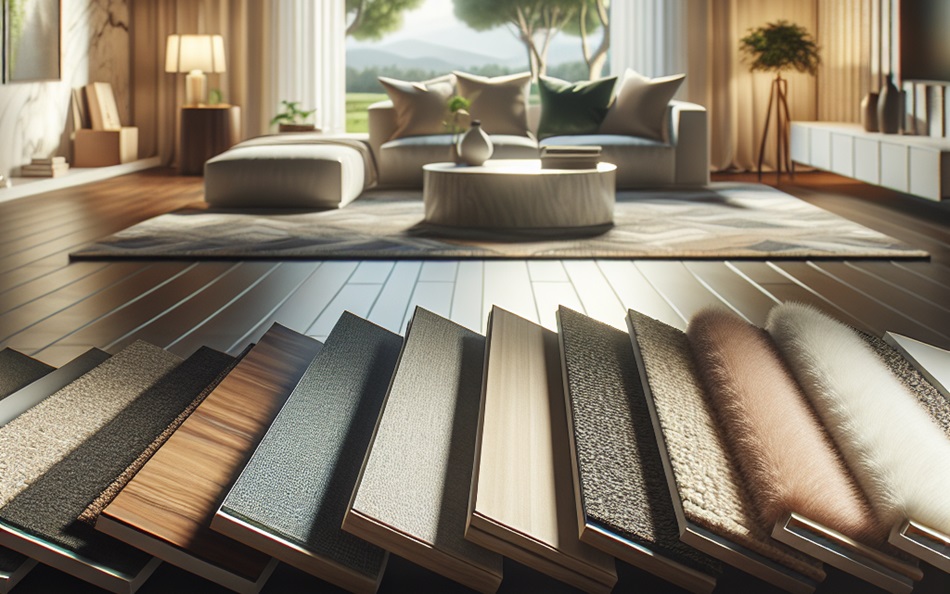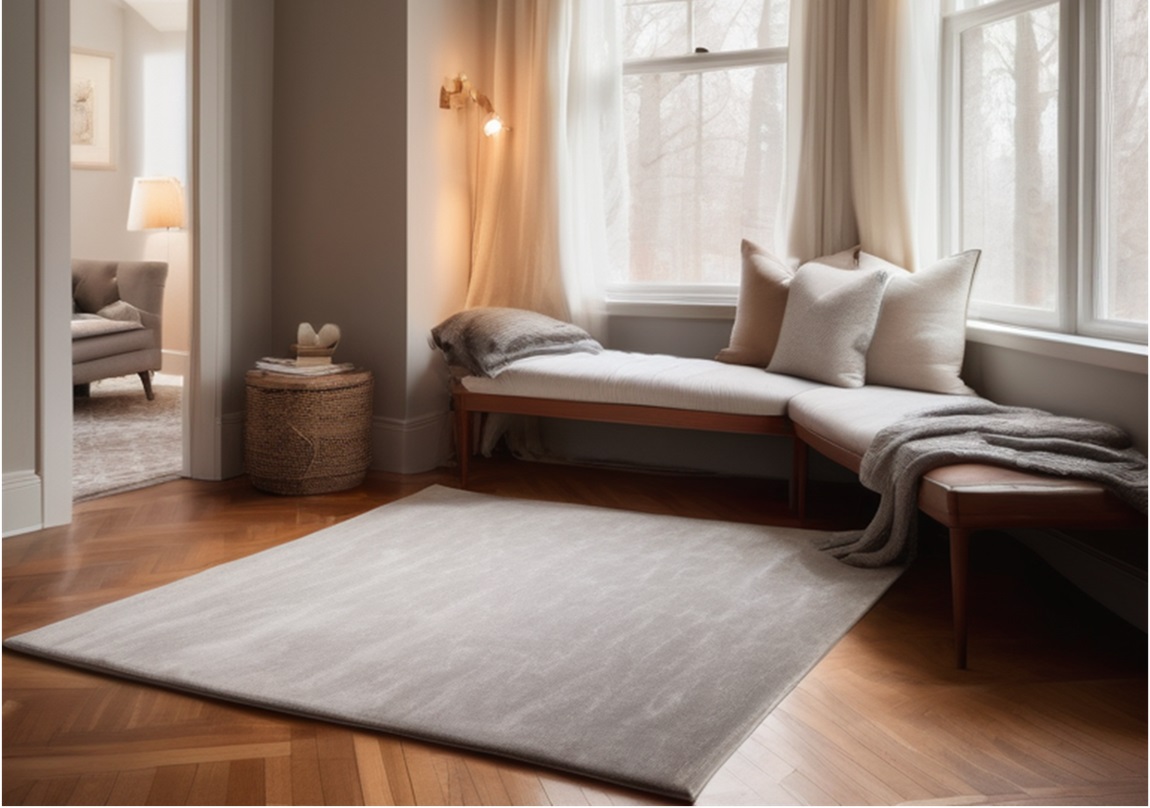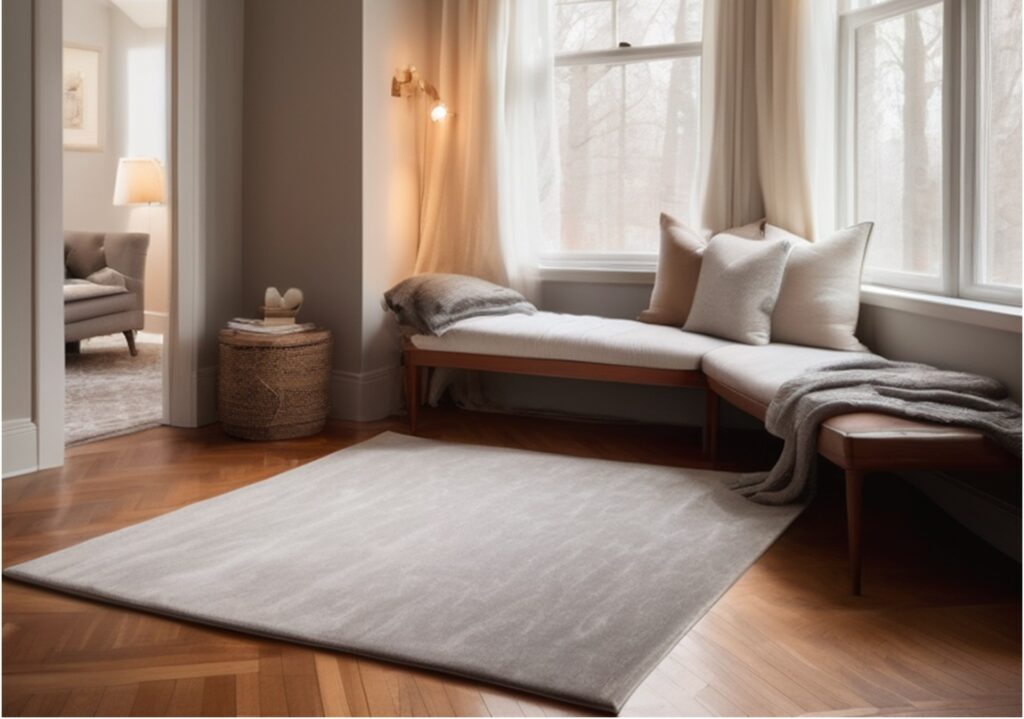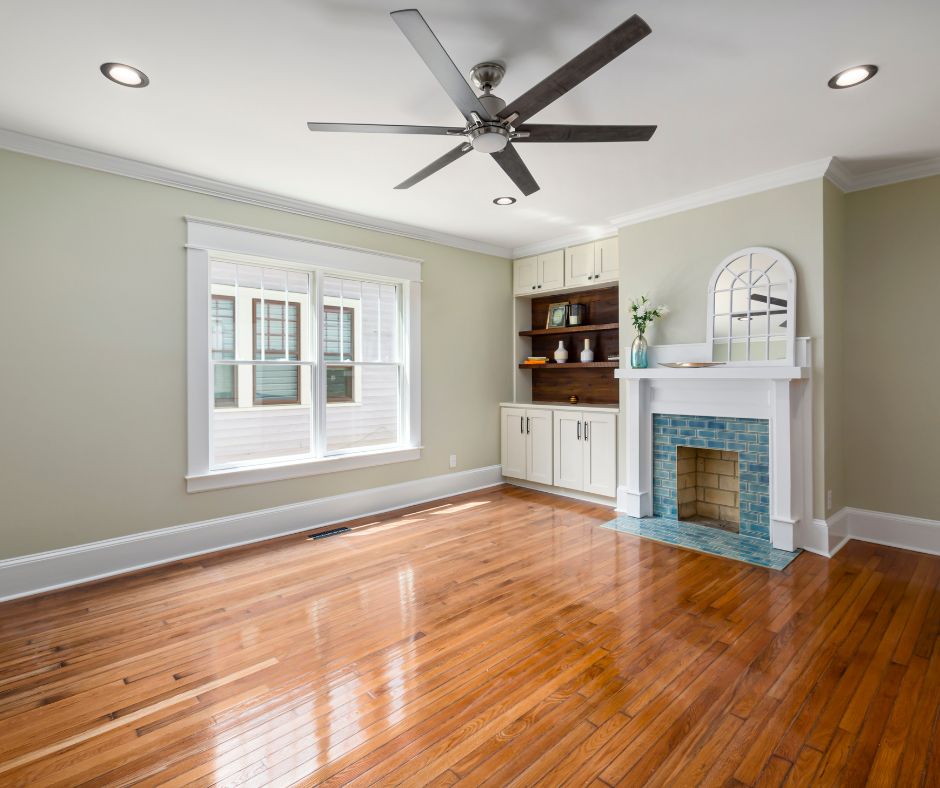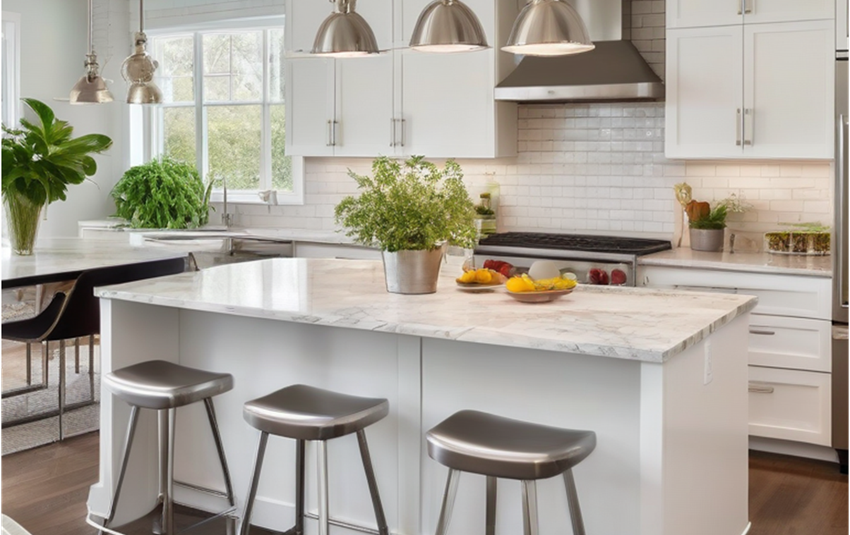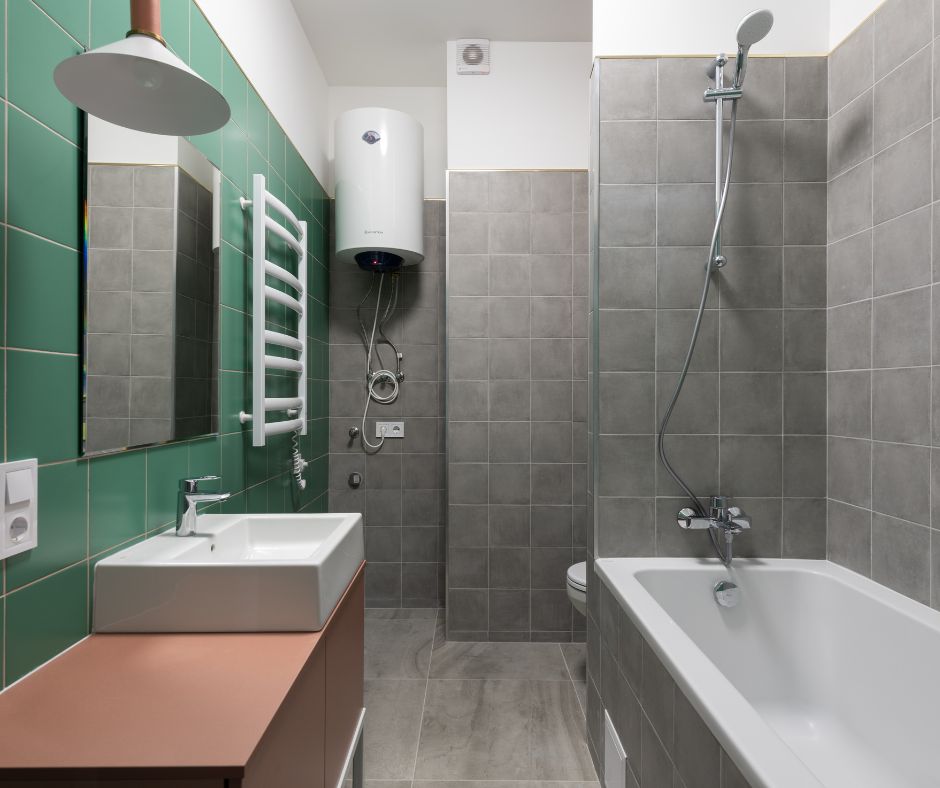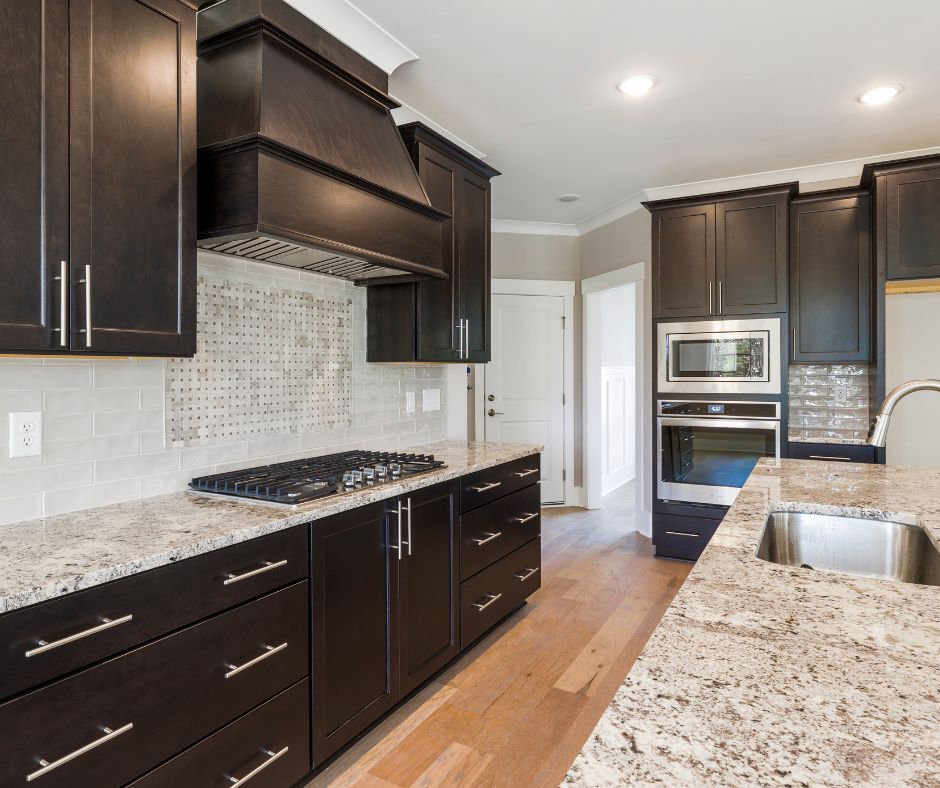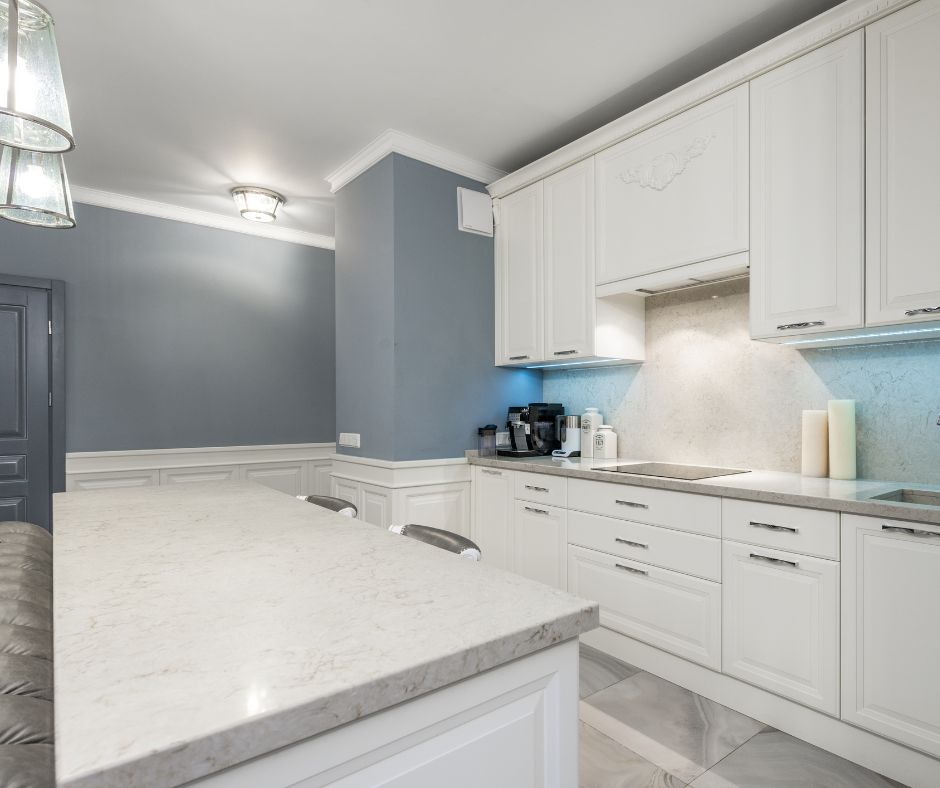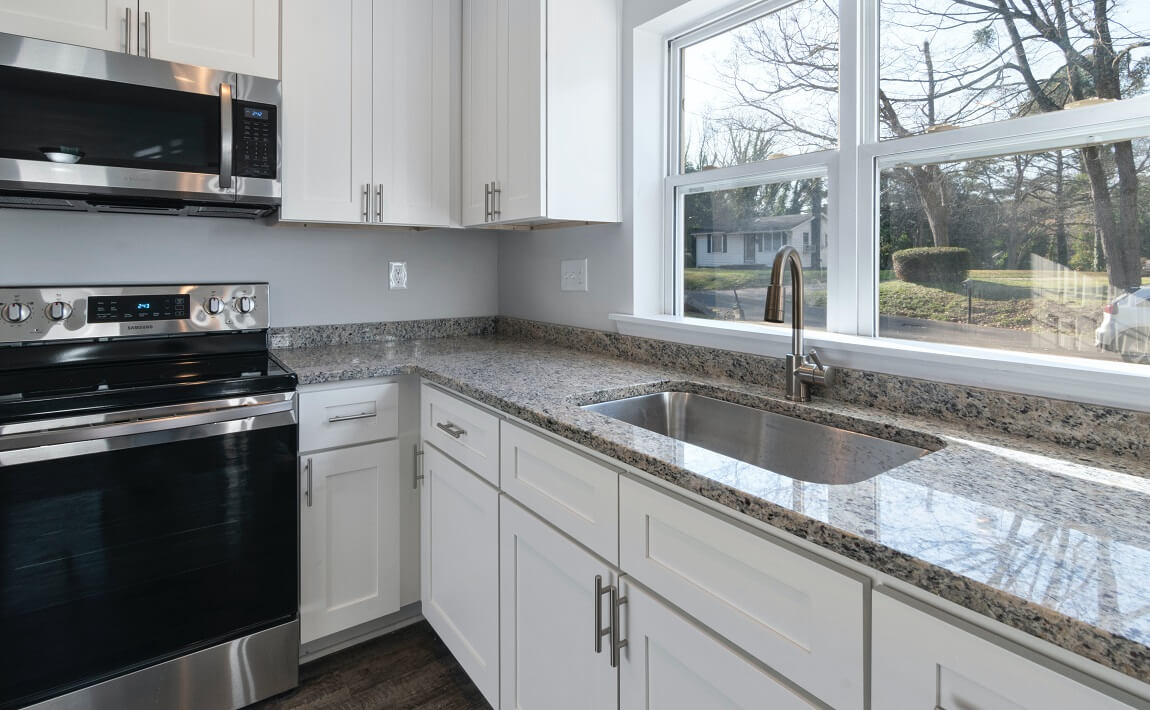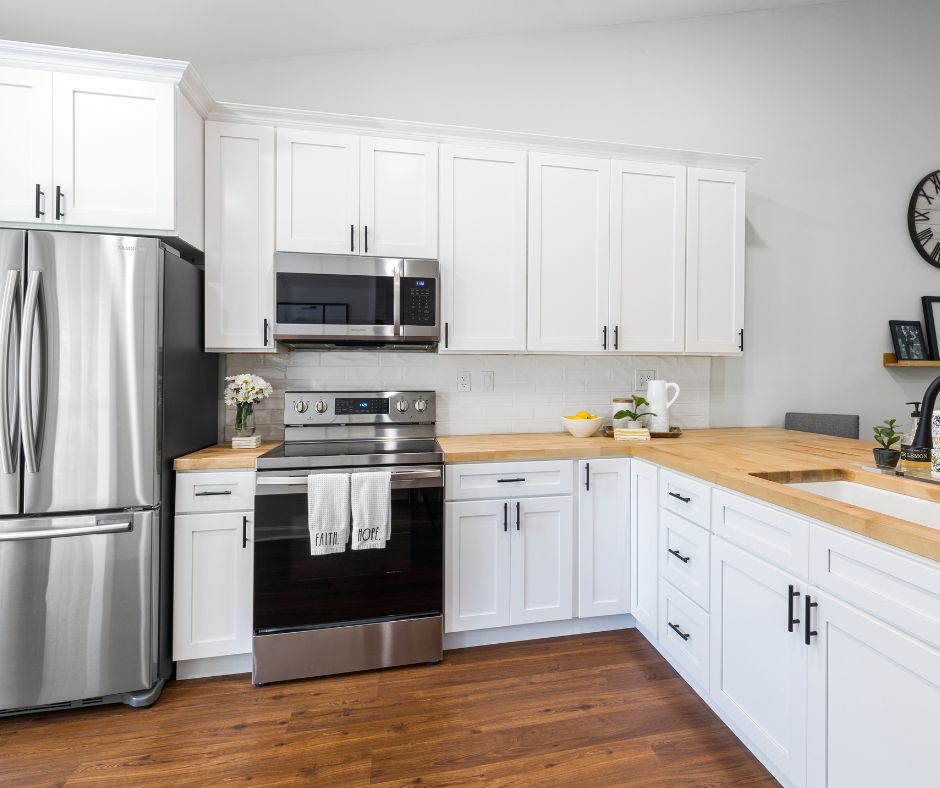Top 10 FAQ’s for Choosing the Right Flooring Options for Home
Picking the right flooring for your house is super important. It’s not just about having something to walk on every day, but it also has a big impact on how your home looks and feels. With all the choices out there, figuring out which flooring works best for you might seem tough.
But don’t worry! We’re here to tackle the top 10 questions people usually have when they’re trying to pick their ideal flooring. We’ll dive into common worries and help guide you in finding that perfect match for where you live.
From dealing with pets and kids, aiming to keep your floors looking good as new for as long as possible, or even if you’re searching for something that’s kinder to our planet – we’ve got answers.
Understanding Different Flooring Types
Before we dive into the frequently asked questions, it’s important to get a good grasp of the various flooring choices out there. You’ve got options like luxury vinyl, real wood, vinyl tile, and engineered wood to consider. Each kind has its own set of features along with pros and cons. For instance, luxury vinyl is tough and comes in lots of designs. Real wood floors add a cozy and genuine feel to any space. Vinyl tile stands out for being budget-friendly and simple to put down yourself. Meanwhile, engineered wood offers that authentic wooden look but with extra toughness.
Preparing to Choose Your Flooring
When picking the right flooring for your house, it’s key to think about what each room needs. For instance, luxury vinyl tile could be a great pick for the living room because it looks good and can handle a lot of foot traffic. In places like the laundry room where you often find water and moisture, laminate flooring might work better since it can deal with those conditions well. By considering how much use a space will get and its specific requirements, you’ll end up making a choice that fits perfectly with what you need.
Frequently Asked Questions
1. What Flooring Is Best for Pets and Children?
When thinking about the best flooring for homes with pets and kids, it’s all about how tough it can be. Vinyl flooring is a top pick because it stands up well to scratches and stains, which makes it perfect for busy households. On the other hand, hardwood flooring is also an option but might need more looking after. In the end, choosing the right type of floor depends on what you’re looking for in terms of durability and your own likes.
2. How to Maximize Flooring Lifespan?
To make sure your wood flooring lasts as long as possible, it’s key to take good care of it. This means you should vacuum and clean on a regular basis to stop dirt and bits from scratching up the surface. Solid wood floors are tough, but they still need some TLC like refinishing every now and then to stay in top shape. By sticking with what the maker suggests and getting advice from experts when needed, you can help your solid wood flooring keep its durability for years to come.
3. Is laminate flooring a durable option for high-traffic areas?
Laminate flooring is a go-to for places that see a lot of foot traffic because it’s really tough. It can handle lots of walking on it and doesn’t get scratched or stained easily. According to consumer reports, laminate floors do great in homes where there’s always something going on. But, to make sure it stays durable in these busy spots, picking out good quality laminate and making sure it’s put down right and taken care of properly are key steps you shouldn’t skip.
4. How do I choose the right flooring option based on my lifestyle and needs?
When picking the right flooring, it’s all about matching it with your daily life and what you need. For instance, if your house is always full of activity with kids and pets running around, you’ll want something that lasts long and doesn’t ask for much work to keep clean. On the other hand, when setting up a new home, think about how each room will be used along with how you want it to look. This way, you make sure the flooring fits perfectly not just in durability but also in style.
5. Are there eco-friendly flooring options available for homes?
For those looking to make their homes more eco-friendly, there are some great flooring options out there. You can go for materials like linseed oil-based linoleum, cork, and bamboo. These choices are good for the planet because they come from resources that can be easily replaced, break down naturally over time without harming the environment, and don’t release many harmful chemicals into the air. By picking these kinds of floors, you’re not just helping nature but also ensuring the air inside your house is cleaner and healthier to breathe.
6. Can I install new flooring over existing floors, or do they need to be removed first?
Putting in new flooring on top of the old one can work, but it really depends on what kind of floors you’ve got, how those old floors are holding up, and what the new floor needs to get put down right. Sometimes, you can go ahead and lay down that new flooring without a hitch. Other times though, you might need to take out the old stuff first so everything stays solid underneath. If you’re thinking about doing it yourself (DIY), it’s a smart move to talk with some experts and check out what the people who make your flooring say about installing it.
7. What is the average lifespan of different types of flooring materials?
Different types of flooring have their own average lifespans. With good care, solid wood floors can last many years, sometimes even a hundred or more. Engineered wood tends to stick around for about 20-30 years. Porcelain tile is tough and can also last a very long time if looked after well. It’s worth mentioning that how long any flooring lasts depends on things like how much it gets used, the kind of upkeep it receives, and the environment around it.
8. How can I best maintain and care for my chosen flooring option?
To keep your flooring looking good and lasting long, it’s really important to take care of it the right way. This means you should vacuum regularly, clean with the right products, and follow what the maker says is best for that type of floor. Since each kind of flooring material has its own needs when it comes to upkeep, making sure you know and do what’s suggested can make a big difference in how well your floor holds up over time.
9. What impact does the choice of flooring have on the overall aesthetics and value of a home?
Picking the right flooring is a big deal because it can really change how your home looks and even its value. For instance, hardwood floors bring in a cozy and genuine feel, making any room look better. On the other hand, luxury vinyl tile gives you that natural material vibe but with more toughness and at a lower cost. Choosing wisely not only makes your place look great but could also bump up what it’s worth if you decide to sell later on.
10. What are the pros and cons of hardwood flooring?
Hardwood flooring offers several advantages and disadvantages to consider.

